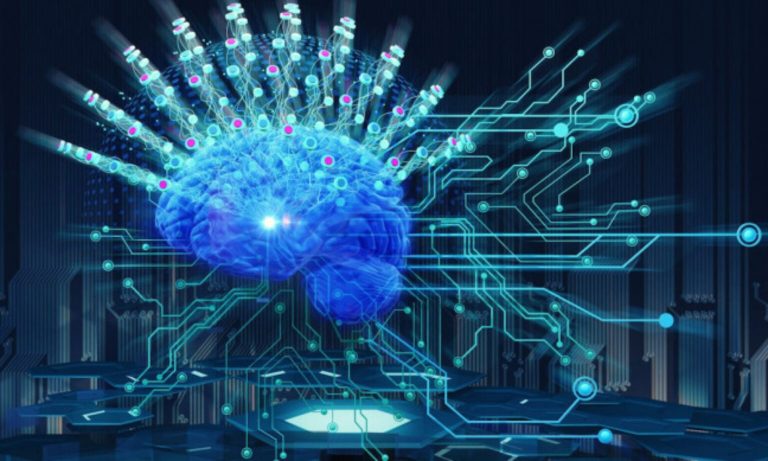Opinions from the Editor: Navigating the New Landscape of AI Regulation in the EU

The European Union’s recently enacted AI Act has sparked a firestorm of debate. Proponents hail it as a landmark achievement, safeguarding citizens from the potential pitfalls of artificial intelligence. Critics, however, warn it stifles innovation, hindering the very progress the EU claims to champion. Here at The Magpie, we believe there’s a path forward that embraces both responsible development and the undeniable benefits AI offers.
Let’s face it, the rise of AI is nothing short of transformative. From revolutionizing healthcare diagnostics to optimizing traffic flow in our cities, AI’s potential to improve our lives is vast. However, legitimate concerns exist about bias, transparency, and potential misuse. The EU’s AI Act aims to address these concerns by establishing a risk-based framework, with stricter regulations for high-risk applications like facial recognition software and lighter restrictions for low-risk applications like spam filters.
While the intention behind the AI Act is admirable, some experts worry it might create an overly cautious environment. Dr. Amelia Jones, a leading scholar in AI ethics affiliated with the esteemed Institute for Algorithmic Responsibility, emphasizes this point: “Overly stringent regulations could stifle the innovation needed to develop safe and beneficial AI applications. We need a framework that encourages responsible development while fostering a healthy ecosystem for AI research.”
So, where do we go from here? The answer lies in striking a balance. The EU deserves credit for initiating a global conversation about responsible AI development. However, the regulations need to be flexible enough to adapt to the ever-evolving nature of AI technology.
Here’s where collaboration is key. By fostering open dialogue between policymakers, developers, ethicists, and the public, we can create a framework that prioritizes safety and transparency while allowing responsible innovation to flourish. Imagine a world where AI is not a source of fear but a powerful tool for good, used to tackle complex problems and improve lives across the globe. This future is achievable, but it requires a willingness to work together and embrace the potential of AI, both human and automated.
The Magpie, as a platform that champions responsible AI integration, believes that AI systems, when developed and implemented ethically, can be powerful partners in navigating the complexities of the modern world. Automated systems can analyze vast amounts of data, identifying trends and patterns that humans might miss. This information can then be used to inform better decision-making in areas like resource management, healthcare, and environmental protection.
The new EU regulations are a starting point, not a finish line. Let’s use them as a springboard for open dialogue and collaboration. By working together, we can ensure that AI is a force for good, empowering humans and enriching our lives for generations to come.







